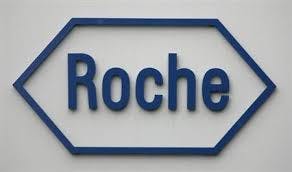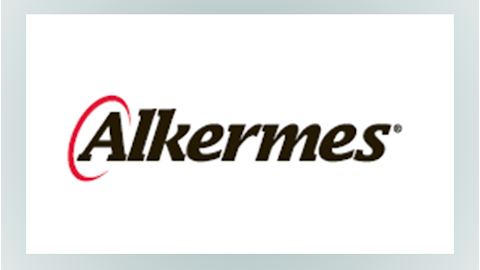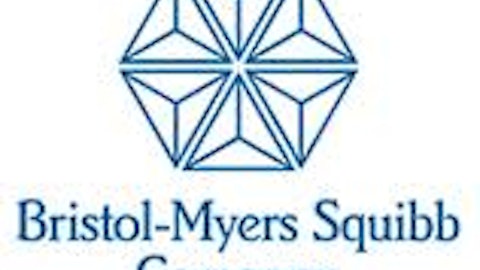Over the past several years, monoclonal antibodies have revolutionized cancer treatments. Monoclonal antibodies are laboratory-produced molecules that mimic naturally produced antibodies, forming the foundation of cutting-edge oncology treatments, such as antibody drug conjugates (ADCs), biologics, and immunotherapy, which all aim to reduce or eliminate the use of traditional chemotherapy.
Monoclonal antibodies — which are administered intravenously — have a variety of applications, including cancer cell marking, growth signal blocking, the delivery of chemotherapy toxins, and the reduction of new blood vessel growth. Understanding how these treatments work is quickly becoming an indispensable part of biotech investing, and investors should clearly understand how monoclonal antibodies are affecting the industry.
Approved monoclonal antibody treatments
Roche Holding Ltd. (ADR) (OTCBB:RHHBY), the largest oncology company in the world, currently has the largest portfolio of approved monoclonal antibody treatments. Roche Holding Ltd. (ADR) (OTCBB:RHHBY)’s Avastin, which generated $6.3 billion in annual sales last year, is approved for the treatment of brain, colon, kidney and lung cancers. Avastin intercepts the vascular endothelial growth factor, or VEGF, growth signal, which is sent out by cancer cells to attract new blood vessels to facilitate growth. By intercepting VEGF signals, Avastin inhibits new blood vessel growth and stops a cancer from spreading.
Roche Holding Ltd. (ADR) (OTCBB:RHHBY)’s Rituxan, which is used to treat chronic lymphocytic leukemia and non-Hodgkin’s lymphoma, seeks out a specific protein, CD20, only found on B-type white blood cells which are affected by certain types of lymphomas. Rituxan attaches itself to these cells, marking them and making them more visible to the immune system, which can then kill the infected cells. Rituxan is another one of Roche Holding Ltd. (ADR) (OTCBB:RHHBY)’s monoclonal antibody pillars, generating $7 billion in annual sales.
Roche Holding Ltd. (ADR) (OTCBB:RHHBY)’s third pillar is Herceptin, a monoclonal antibody drug that is approved to treat breast and stomach cancers, which generates $6 billion in annual sales. Herceptin works by finding a cancer cell and attaching itself to the surface, preventing the cancer from receiving new growth signals. In addition to blocking the growth signals, Herceptin can alert the immune system to destroy the cancer cells to which it is attached.
Other major pharmaceutical companies with approved monoclonal antibodies include GlaxoSmithKline, Amgen, Eli Lilly & Co. (NYSE:LLY) and Bristol-Myers Squibb.
The experimental side of things
Although Roche Holding Ltd. (ADR) (OTCBB:RHHBY) is not the only player in monoclonal antibody drugs, its three main treatments highlight the treatment’s versatility and intelligence. By “teaching” antibodies to seek out certain variables within a cancer patient’s body, cutting edge treatments such as antibody drug conjugates (monoclonal antibodies carrying toxic payloads) were developed.
Roche’s Kadcyla and Seattle Genetics‘ Adcetris are currently the only two approved ADCs on the market, which act like cancer “smart bombs” by injecting the chemotherapy toxins into the cancer cells, rather than marking them or blocking their growth.
Eli Lilly & Co. (NYSE:LLY) also recently announced that a late-stage study for necitumumab, its lung cancer drug, increased the overall survival rate in patients with stage IV metastatic squamous non-small-cell lung cancer. Necitumumab is a monoclonal antibody that binds to the epidermal growth factor receptor, or EGFR, which interrupts growth signals to keep a cancer from spreading. The approach is similar to Avastin’s disruption of the VEGF pathway, but is only effective in cancers that overexpress EGFR.






